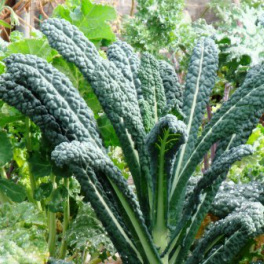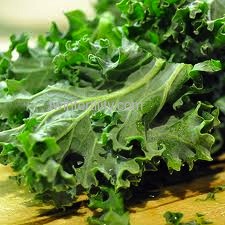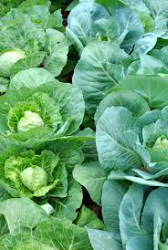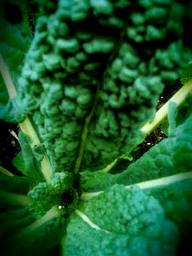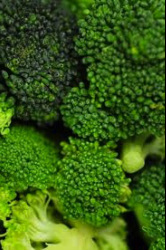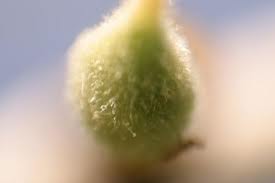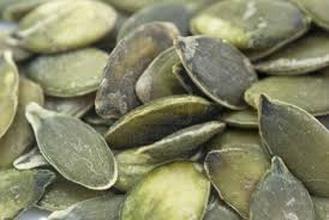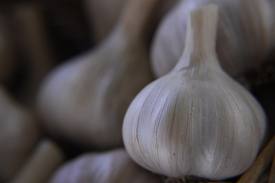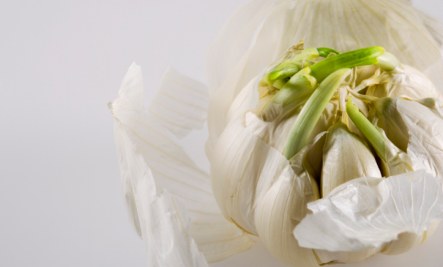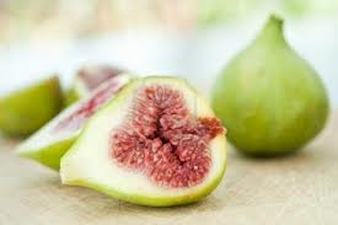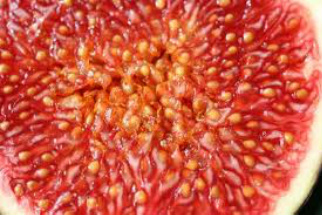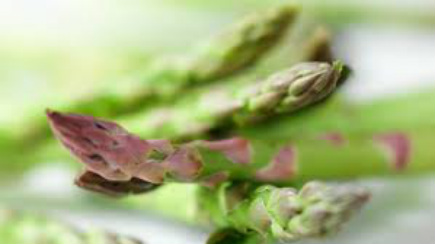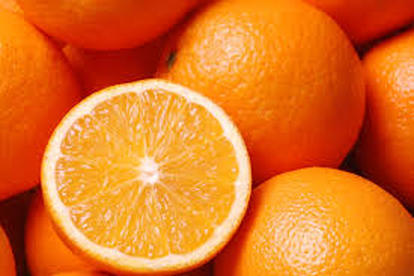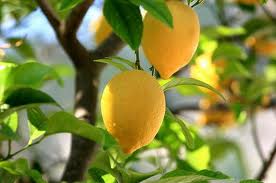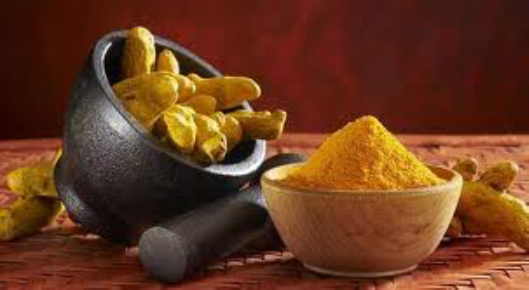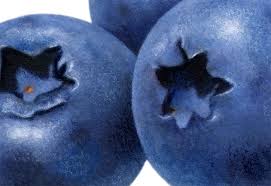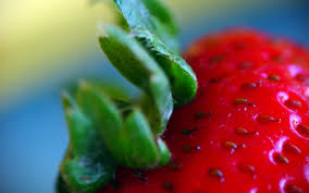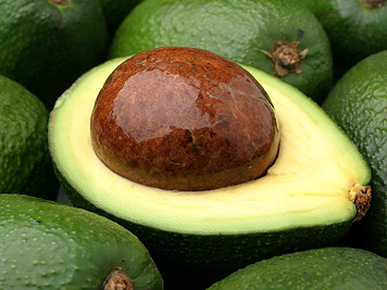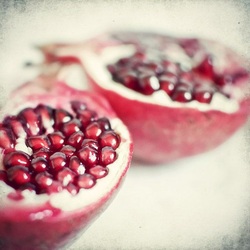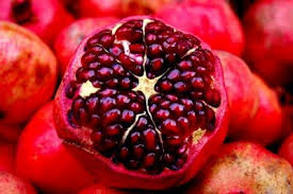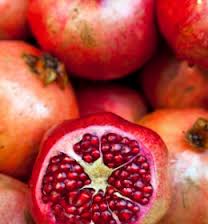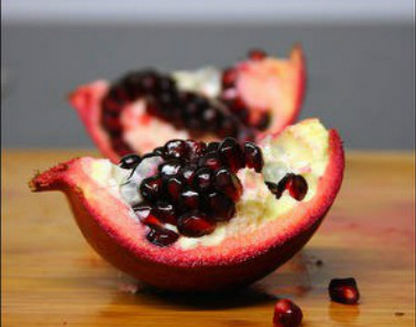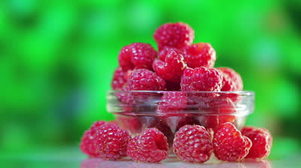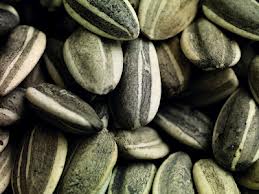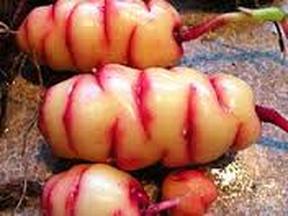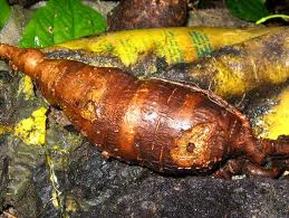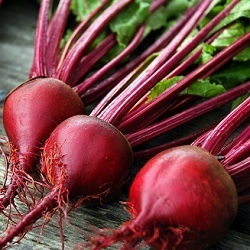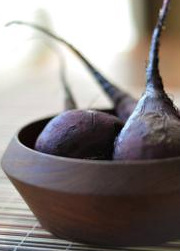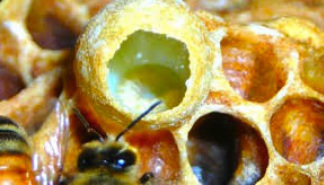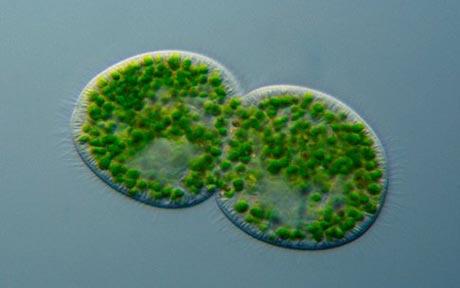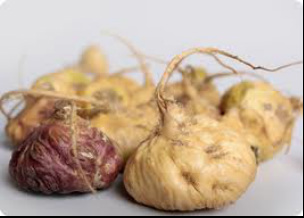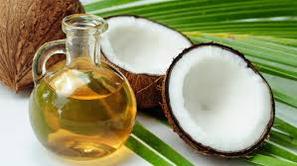|
Wild Salmon (as opposed to farmed) is a great source of Essential Fatty Acids (EFA's) or Omega 3's. These are important for hormone regulation and cervical mucous production and unlike Swordfish, Tuna, Flake and Perch, Salmon does not pose a risk for toxic levels of Mercury. Omega-3's improve the quality of the uterus by increasing blood flow to the reproductive organs. |
|
Garlic may be used to treat endometriosis as well as boost fertility in both men and women. It is a good source of Selenium which can help to prevent miscarriage. Garlic also contains Vitamin B6 which helps to regulate hormones & strengthen the immune system. Vitamin B6 is particularly useful in women with Luteal Phase Defect.
|
|
Asparagus and other leafy greens such as Kale, Broccoli & Brussel Sprouts, contain Folate which assists in producing healthy sperm in men and benefits women's ability to ovulate. |
Asparagus also contains amino acids which boost the powerful antioxidant glutathione, which is vital for cellular metabolism and protects against oxidative stress caused by free radicals, improves immunity and detoxifies the body's cells. |
|
Oranges and other citrus are a rich source of Vitamin C but also Calcium and Folic acid which assists in healthy sperm production and stimulates development of female sex hormones. It also helps prevent Neural Tube Defects such as Spina Bifida, so is recommended specifically during the very start of a new pregnancy, especially the 1st 3 mths.
|
|
Turmeric which contains Curcumin, is an Indian spice that is said to improve the vascular health of the ovaries in other words improve pelvic blood flow and therefore fertility. It also has anti-inflammatory properties. Turmeric is also a source of glutathione production.
|
Cinnamon is believed to provide relief in cases of PCOS (Polycystic Ovaries) as it's properties aid in the regulation of insulin levels and blood sugar. 1/2 tsp/day is sufficient and it is also known to increase sperm count.
|
|
As antioxidants rid the body of toxins and help prevent aging and cell damage, they also help to prevent damage and aging to the reproductive cells. Blueberries are particularly high in antioxidants. Strawberries are rich in Folate, vital for cell division. They also contain Zinc and are rich in Polyphenols (antioxidants).
|
|
Avocados are a rich source of Vitamin E, an essential nutrient for fertility. Avocados are a powerful antioxidant which support healthy circulation to the reproductive system and help to regulate ovulation and cervical mucous production. |
Avocados' fertility mimics that of humans ie it takes 9mths for an avocado to mature. Avocados contain amino acids that are the precursors for glutathione production. |
|
The root of wild yams contains a substance which is very beneficial for fertility. In males it improves sperm quality and motility balancing testosterone levels. In women it is a natural progesterone vital for implantation and helping to prevent miscarriage. In cultures that eat alot of wild yams, twins are also common.
|
|
Red Beets when consumed frequently, are known to both boost and extend fertility in women. Rich in Folic acid, they assist in DNA repair and help to prevent birth defects. Long used as a detoxifier, beets assist in the cleansing of toxins from the body which help to create a healthy environment for foetal development. |
Fertility Supplements:
|
Royal Jelly Referred to as the 'Fertility Superfood', Royal Jelly is a fertility hormone, produced by nurse worker bees to feed the queen bee and stimulate her to lay thousands of eggs. Royal Jelly can improve egg quality & support ovarian response to FSH. It is rich in amino acids, vitamins (D & E), iron and calcium and it's benefits have long been recognised in Chinese Medicine. |
Selenium Selenium is recognised for it's antioxidant properties and is beneficial in helping to prevent birth defects and miscarriages. Good levels of Selenium are required for sperm formation and testosterone production in men and important for egg production in women. Brazil nuts are high in Selenium but should be eaten in moderation. Other foods rich in Selenium, include Oysters & other shellfish, Rice/ wheat/ oat bran, caviar & sunflower seeds. |
Chlorella Chlorella is a green algae, a natural detoxifier packed with protein, supporting the body in removing toxins. Chlorella contains the largest amount of chlorophyll of any plant. Chlorophyll in plants is similar to heme, the pigment in blood, only Magnesium is the core not iron. At a cellular level it can bind to carcinogens facilitating elimination, thereby cleaning up the blood. |
|
Maca
Native to the mountainous regions of Peru, Maca is a root plant belonging to the same family as turnips and radishes. Classed as a superfood, rich in Vitamins and minerals & has been used for medicinal purposes for thousands of years. Studies have shown that using Maca has numerous health benefits, including controlling oestrogen levels in women, improving sperm health in men. There is black, yellow and red Maca, black being of greatest benefit for fertility. Maca stimulates the hypothalamus which regulates the pituitary gland acting as a tonic for the hormone system. In addition, Maca decreases anxiety, stress and blood pressure and balances iron levels. |
Coconut Oil
Coconut oil contains medium chain triglycerides, which are easily metabolised in the body and which have been shown to improve thyroid function, the manufacturing of hormones, protecting & repairing sex cell DNA against environmental toxins, balancing blood sugar levels and supporting adequate fat stores for pregnancy and lactation. Additionally, coconut oil supports healthy weight loss. All these factors lead to optimal fertility and a healthy pregnancy. Coconut oil increases Lauric acid content found in breast milk which provides antiviral, antibacterial and parasiticidal properties supporting immune function of the baby.
|
Spirulina
Spirulina is a blue-green algae, rich in vitamins and minerals and has been eaten by humans since pre-historic times to increase fertility. It is commonly fed to fish and birds for the same reason. Spirulina is believed to benefit endocrine, nervous and immune systems, regulate metabolism and repair tissue. High in protein and phytonutrients (natural plant chemicals & antioxidants which support immunity), spirulina nourishes both the egg and sperm. Since females have their complete supply of eggs from birth which deteriorate over time, spirulina may play an important role in the repair of egg quality in women of advanced age, who are TTC.
|
Recommended Books:
|
|
|
|
|
|
|
Disclaimer:
This is an information website only, based on my experiences and information I have obtained through my own readings, discussions and related to topics of interest to me. For further information, I suggest you do your own research. There are differing opinions on some topics so, some websites may give conflicting information and currency of information may change over time. For medical advice, I suggest you contact your healthcare provider.
This is an information website only, based on my experiences and information I have obtained through my own readings, discussions and related to topics of interest to me. For further information, I suggest you do your own research. There are differing opinions on some topics so, some websites may give conflicting information and currency of information may change over time. For medical advice, I suggest you contact your healthcare provider.
